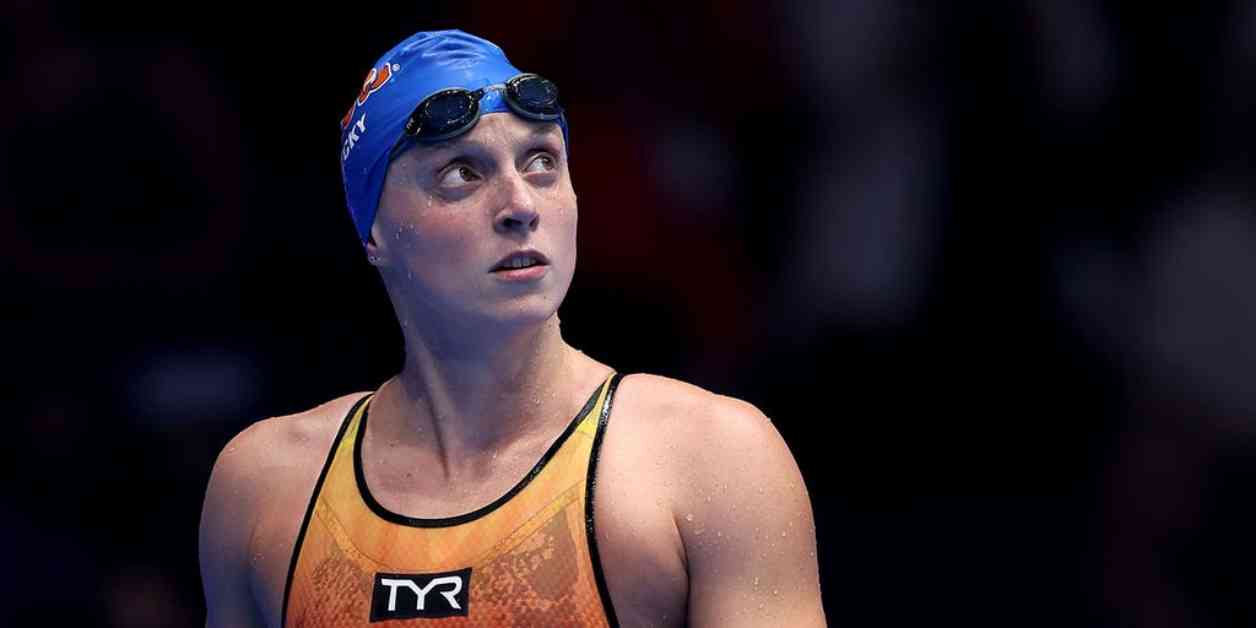The recent doping scandal involving Chinese swimmers has raised concerns about the integrity of the upcoming Olympics in Paris. Despite testing positive for a banned substance, the swimmers were allowed to compete in the Tokyo Olympics in 2021 after claiming that they were inadvertently exposed to the substance through contamination. This explanation has been met with skepticism, especially from decorated U.S. swimmer Katie Ledecky.
Ledecky, a seven-time gold medalist, expressed her hopes for clean competition at the Paris Games, but also questioned whether the athletes have been training clean. She emphasized the importance of thorough testing to ensure a level playing field for all competitors.
The International Olympic Committee has expressed frustration over the ongoing U.S. investigation into the suspected doping by Chinese swimmers. While awarding the 2034 Winter Olympics to Salt Lake City, the IOC urged Utah officials to cooperate in stopping the FBI probe. The IOC emphasized the need for transparency and further answers to the questions surrounding the doping scandal.
The World Anti-Doping Agency has defended its handling of the case, stating that it followed all due process and diligently investigated every lead. The agency dismissed claims of misleading information and maintained that there was no concrete basis to challenge the contamination assertion. Despite the controversy, many of the Chinese swimmers involved in the scandal continue to compete for China and are expected to participate in the Paris Olympics.
As the sporting world awaits the start of the Paris Games, the focus remains on promoting fair competition and maintaining the integrity of the Olympics. Athletes like Katie Ledecky are hopeful that stringent testing measures will be in place to prevent any further doping scandals. The importance of transparency and accountability in anti-doping efforts cannot be overstated, as the reputation of the Olympics as a symbol of athletic excellence hangs in the balance.


















